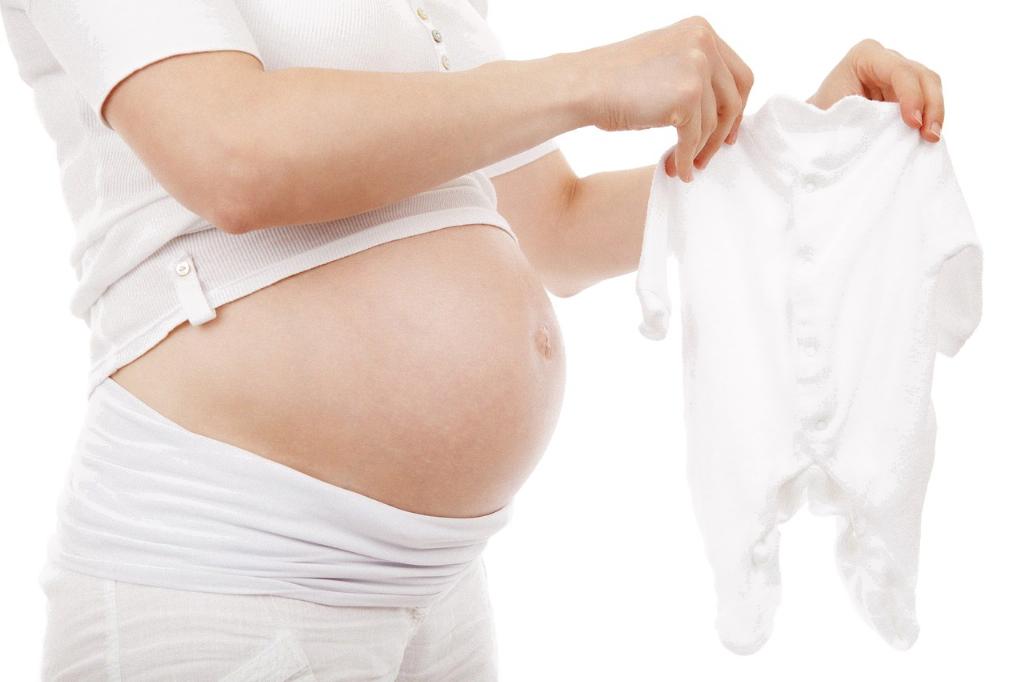When it comes to the intricate journey of pregnancy, one of the key milestones to watch out for is the onset of dilation. Many expectant mothers eagerly anticipate the signs that labor is approaching, and dilation is a significant indicator of the body’s preparation for childbirth.
Varied Timelines of Dilation
There is no one-size-fits-all answer to the question of when dilation typically begins during pregnancy. The process of dilation can vary widely among individuals, with some women starting to dilate in the weeks leading up to labor, while others may not experience any dilation until the onset of active labor.
Factors Influencing the Timing of Dilation
Several factors can influence when a woman starts to dilate during pregnancy. These factors include the individual’s body, previous pregnancies, hormonal fluctuations, and overall health. It’s essential to remember that every pregnancy is unique, and the timeline of dilation can differ from one woman to another.
Signs of Early Dilation
Some women may begin to experience early signs of dilation in the weeks leading up to labor. These signs can include mild cramping, lower back pain, increased vaginal discharge, and a feeling of heaviness in the pelvic region. While these symptoms can indicate the onset of dilation, they may vary in intensity and duration.
Measuring Cervical Dilation
Healthcare providers use a standardized scale to measure cervical dilation in centimeters. The process involves assessing the opening of the cervix to determine the progress of labor. While some women may start dilating early on, others may have a closed or partially closed cervix until labor begins.
Late Third Trimester Dilation
For many women, dilation tends to occur in the late third trimester as the body prepares for childbirth. It is not uncommon for expectant mothers to start dilating in the weeks leading up to labor, with the cervix gradually opening to facilitate the passage of the baby through the birth canal.
Variability in Dilation Patterns
It’s important to note that the process of dilation is highly individualized, and there is no set timeframe for when it should begin. Some women may start dilating weeks before labor, while others may not experience any significant dilation until active labor commences.
Patience and Understanding
As an expectant mother, it’s crucial to approach the process of dilation with patience and understanding. Your body is undergoing a miraculous transformation in preparation for childbirth, and the timeline of dilation is just one aspect of this journey.
Trust Your Body’s Natural Process
Your body has an innate wisdom when it comes to labor and delivery. Trust in the natural process of childbirth and allow your body to progress at its own pace. While dilation is a key milestone, it is essential to focus on staying calm, relaxed, and prepared for the arrival of your little one.
Consulting with Your Healthcare Provider
If you have concerns about the timing of dilation during your pregnancy, it’s always a good idea to consult with your healthcare provider. They can offer personalized guidance based on your individual circumstances and provide reassurance regarding the natural variations in the dilation process.
Embracing the Journey of Pregnancy
Throughout the ups and downs of pregnancy, remember to embrace the journey and celebrate the incredible miracle of new life. Each stage of childbirth, including dilation, is a testament to the strength and resilience of the maternal body as it prepares to welcome a precious bundle of joy into the world.

